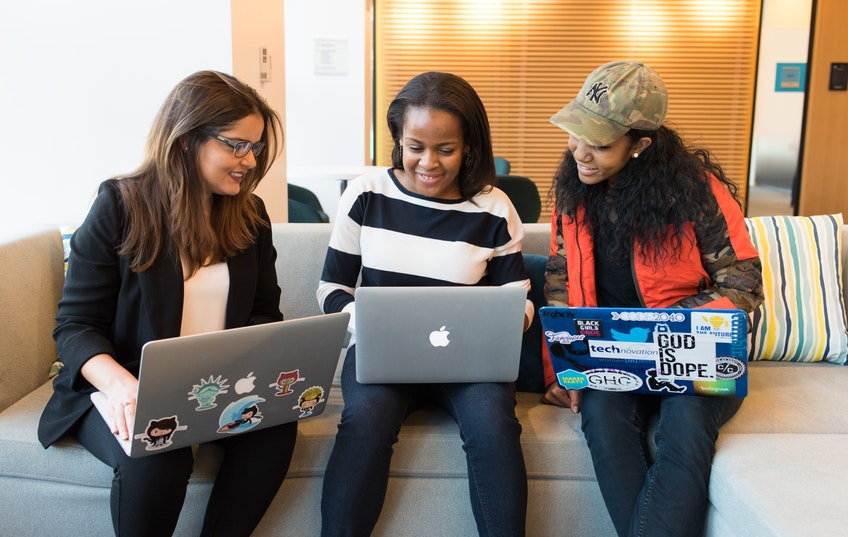We discuss how to use the Museum of Knowledge to practice grammar. Students who wish to learn a language will always need to fully understand the importance of grammar. Grammar adds fluidity to a linguist’s proficiency and comprehension.
The Museum of Knowledge intermediate and advanced language learning business modules include exercises that are embroiled in grammar. Every language from English to French will have some similarities in terms of grammar however there will always be differences between the varying languages a student wishes to learn.
Using grammar to create cohesive sentences
The idea that a student can learn a language without grasping high levels of grammatical understanding is a false one. The Museum of Knowledge adapts its modules in such a way so that students can enjoy grammatical exercises and also be supported by a linguist on the platform. Perfecting grammar ensures that language learners stand apart from their peers. The advantages of good grammar are extensive including the language learner’s ability to create sentences that are well constructed and cohesive.




